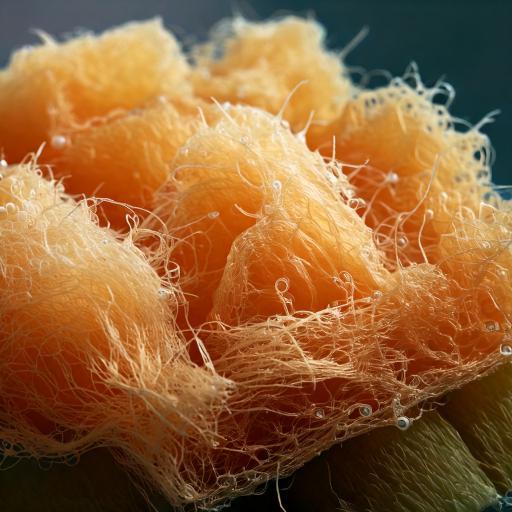Regenerated Cellulose and Cellulose Derivatives
The course runs between February 10 and February 13, 2025, three days, at Karlstad University or online.
Venue will be presented in the welcome information that you will receive closer to the start.
Participants from industry are welcome to take part in the course together with PhD students but without the possibility of examination and credits.

Target audience and purpose
Participants from industry are welcome to take part in the course together with PhD students but without the possibility of examination and credits.
Recommended prior knowledge
There are no formal eligibility requirements for participating in contract education at university level. The employer decides who is suitable to participate. However, the course participant should have knowledge in chemistry and basic knowledge in cellulose technology. The course is given entirely in English.
Course content
The aim of the course is that the participants should aquire a broad overview of the dissolving pulp production and the market for cellulose derivatives and regenerated cellulose. The course covers cellulose structures in detail and the characteristics of dissolving pulps. Process technology for producing cellulose derivatives will then follow as well as for viscose processes and the Lyocell process will including fiber spinning technologies.
- Cellulose structures
- Dissolving pulps
- Viscose- and Lyocell processes, fiber spinning
- CMC-chemistry, process and market
- Other cellulose derivatives
- Current development and research within the field
A study visit to a viscose mill will be arrange, this is not mandatory in the course.
Learning objectives
After completed course the participant should be able to:
- discuss important cellulose derivative and viscose technology aspects in a correct terminology,
- relate the results of measured parameters to different product quality aspects,
- describe the most important processes for manufacturing of regenerated cellulose and cellulose derivatives
- demonstrate an understanding of the pros and cons of regenerated cellulose and cellulose derivatives compared with other materials
Literature
The Ljungberg Textbook, Pulp and Paper Chemistry and Technology Publication Date: October 2009 ISBN: 978-3-11-021570-0, selected parts, digitally available for course participants.
Handouts from lectures.
Course date 2025
The course will take place at Karlstad University or online, February 10-13, 2025.
Contributors
Lecturers from national and international universities/companies.
Course fee
The course is free of charge for PhD students and post-doc researchers from Swedish universities. Participants from other organizations are welcome to join the course for a fee of SEK15 600 excl. VAT per person.
VAT: Swedish VAT, 25%, will be charged on the course fee for all foreign or Swedish participants except for Swedish governmental organisations.
We will send an invoice shortly after the course has started.
Examination for credits will not be included for other than PhD-students, but a certificate of participation will be given.
Catering and lodging is not included in the price.
Terms of registration
- Commissioned education is conducted in accordance with its regulations and turn to employees in the public sector, authorities and companies.
- To register for a commissioned education you have to be employed at a company or organization (not sole proprietorship).
- The registration is binding.
- You can not participate as a private person.
- When you register your employer has to approve to your participation and will agree to receive an invoice for the costs of the education.
Läs Allmänna villkor om uppdragsutbildning (waiting for translation)

